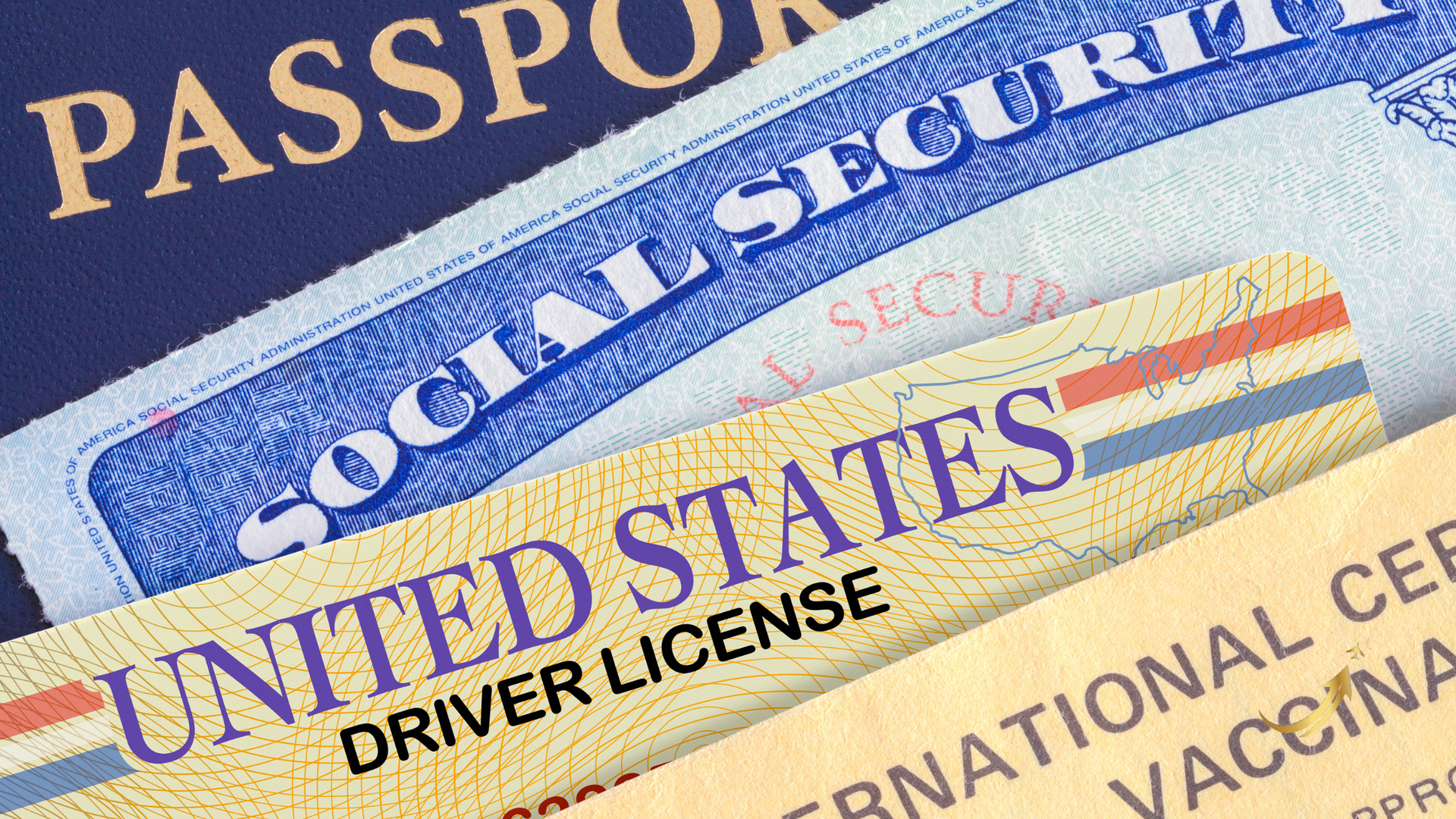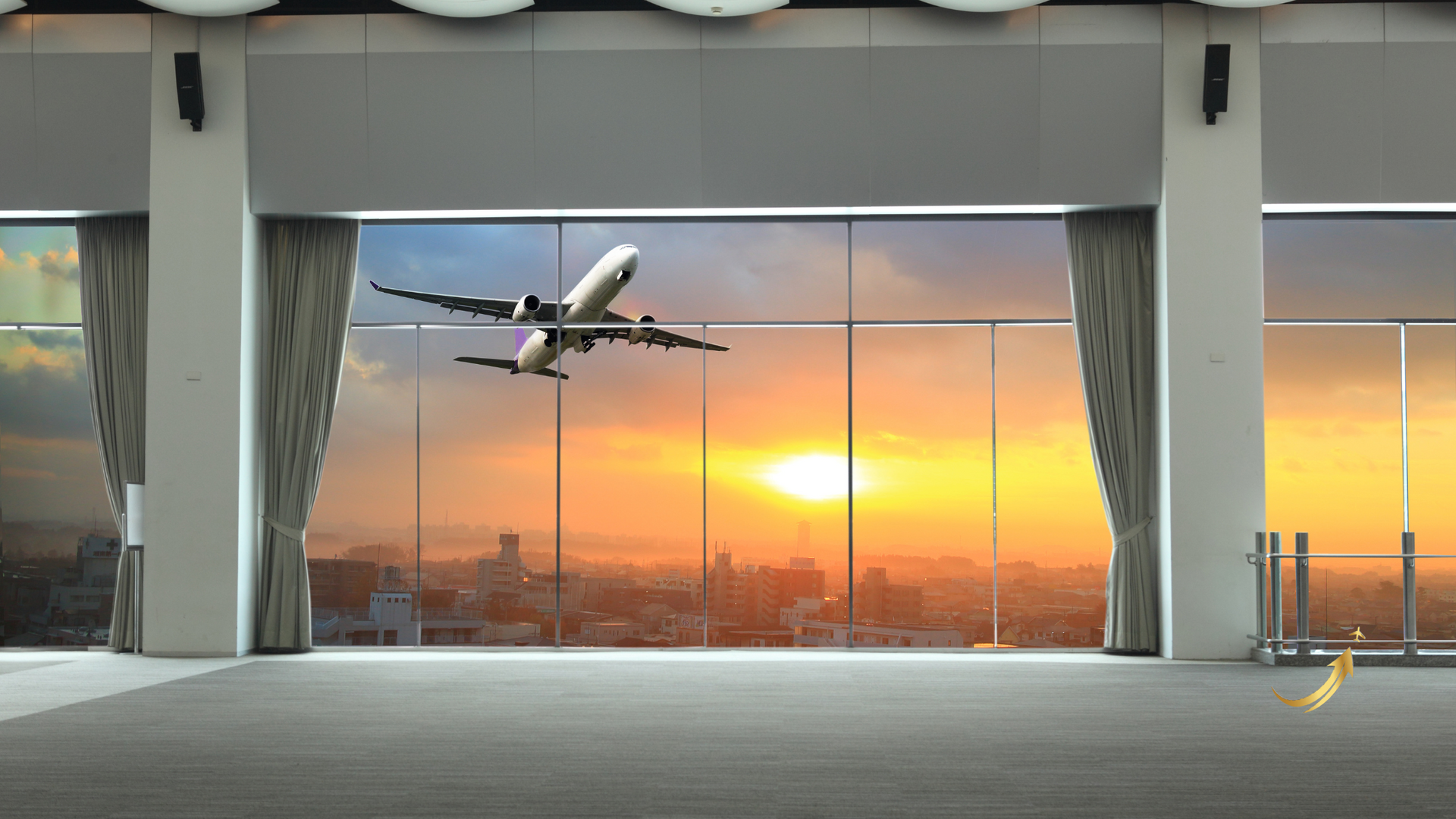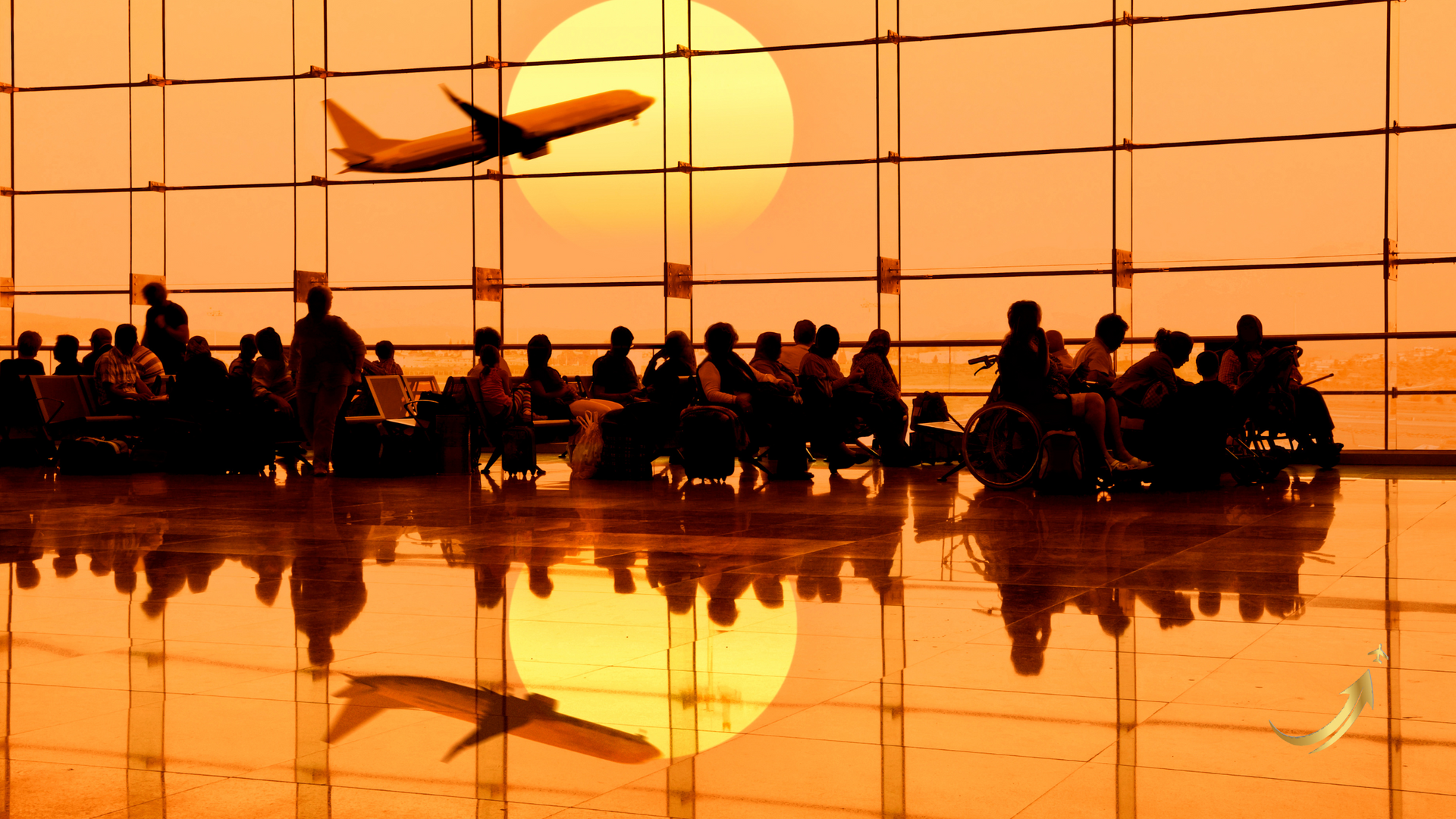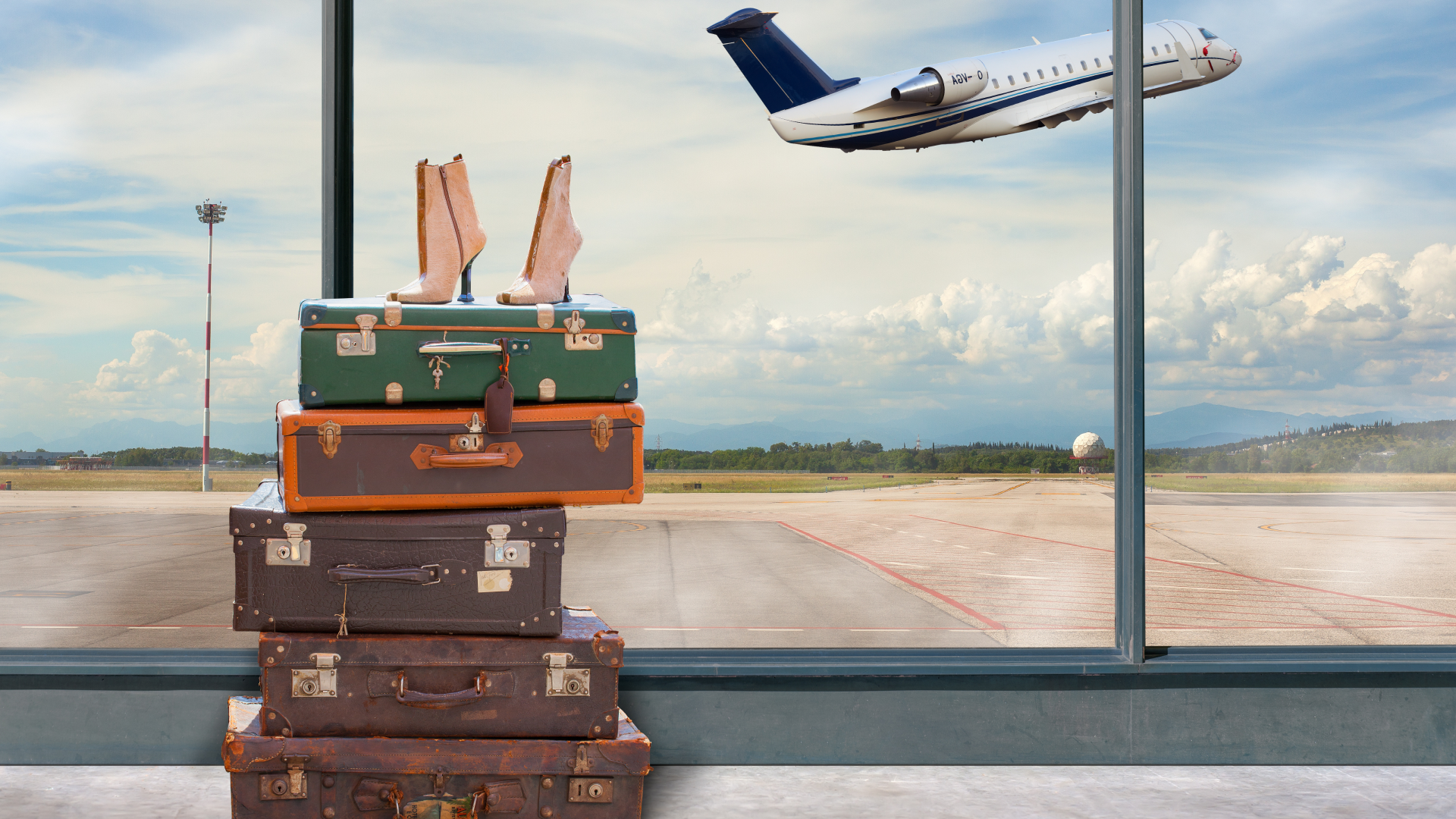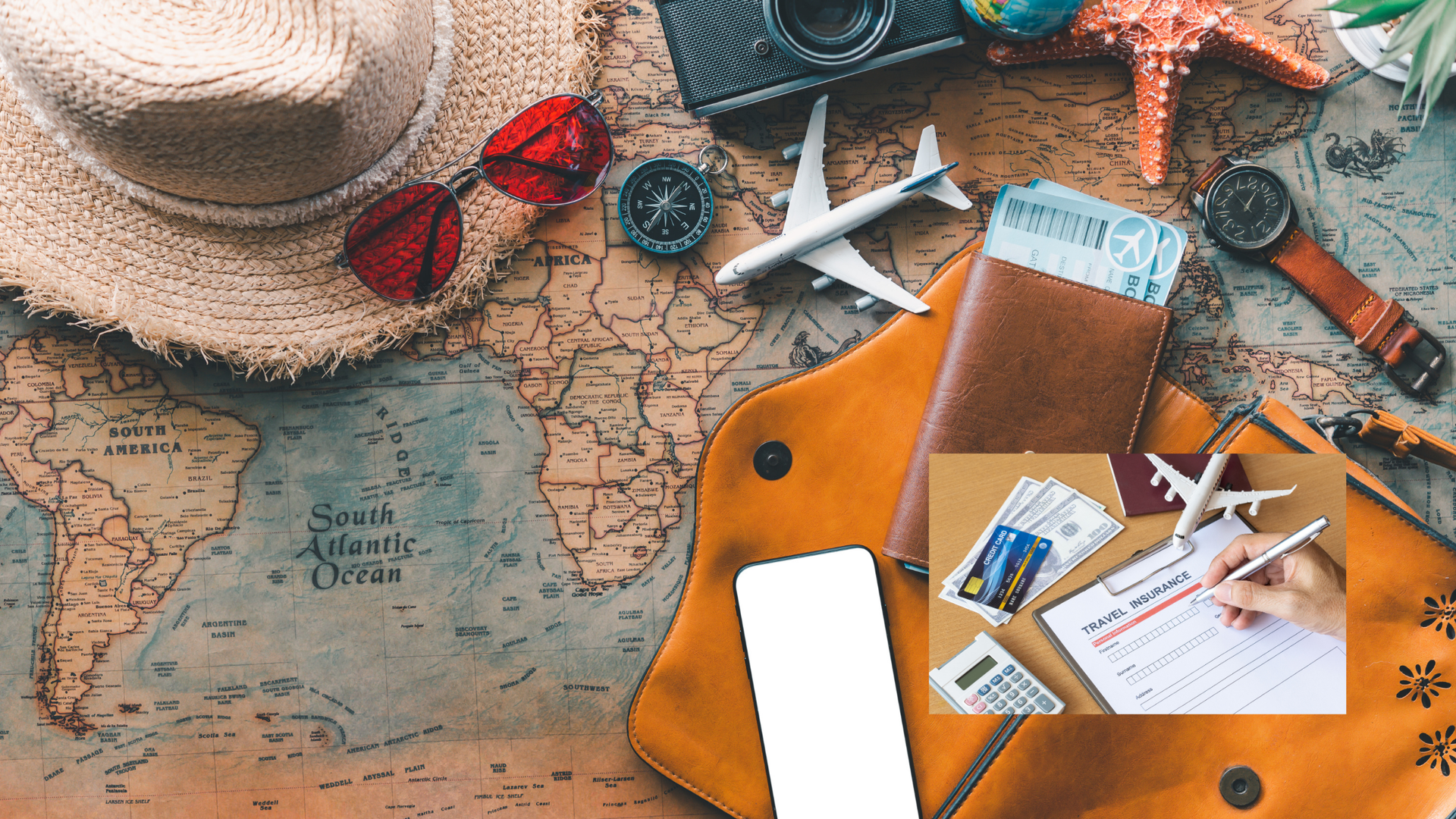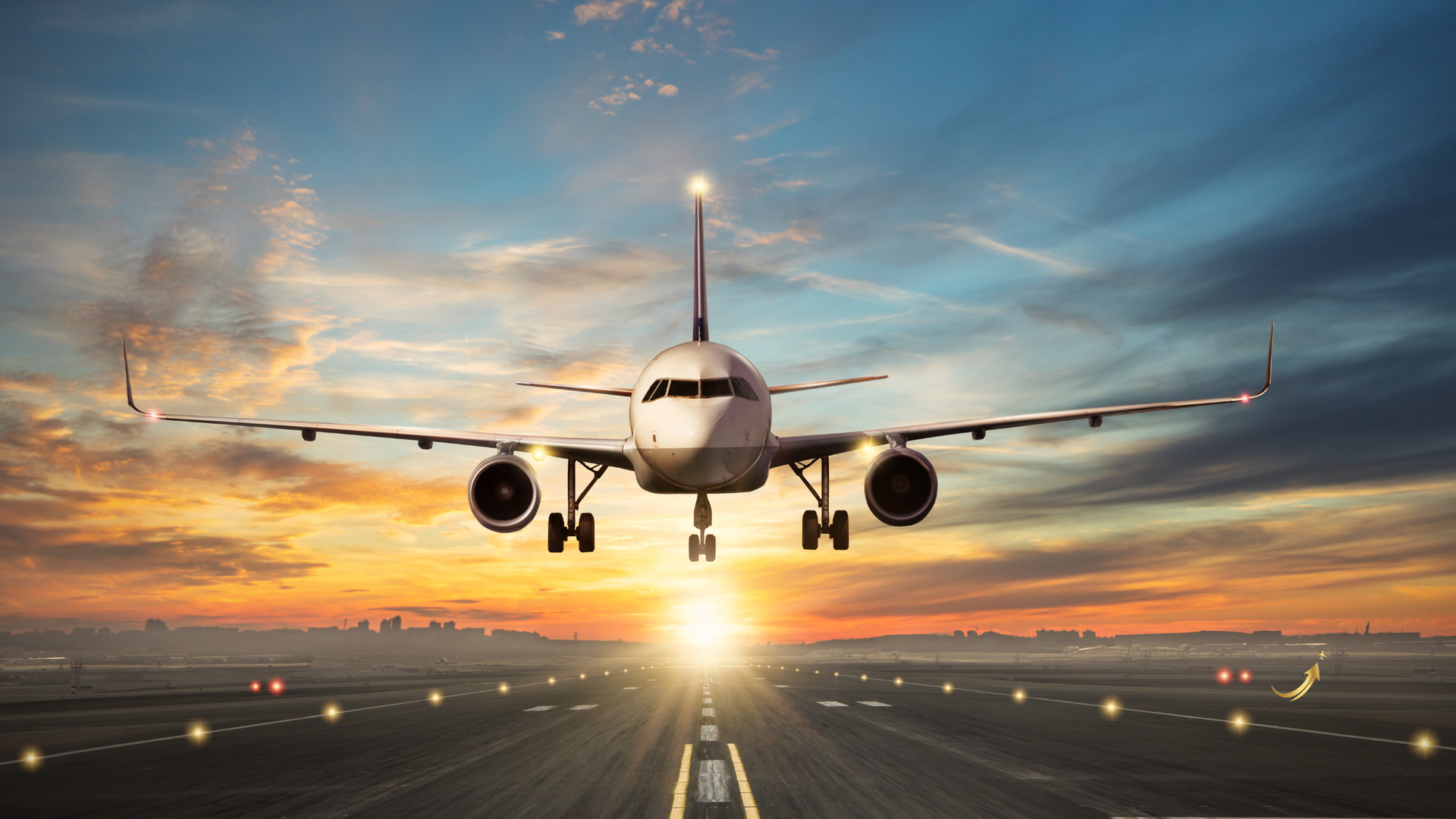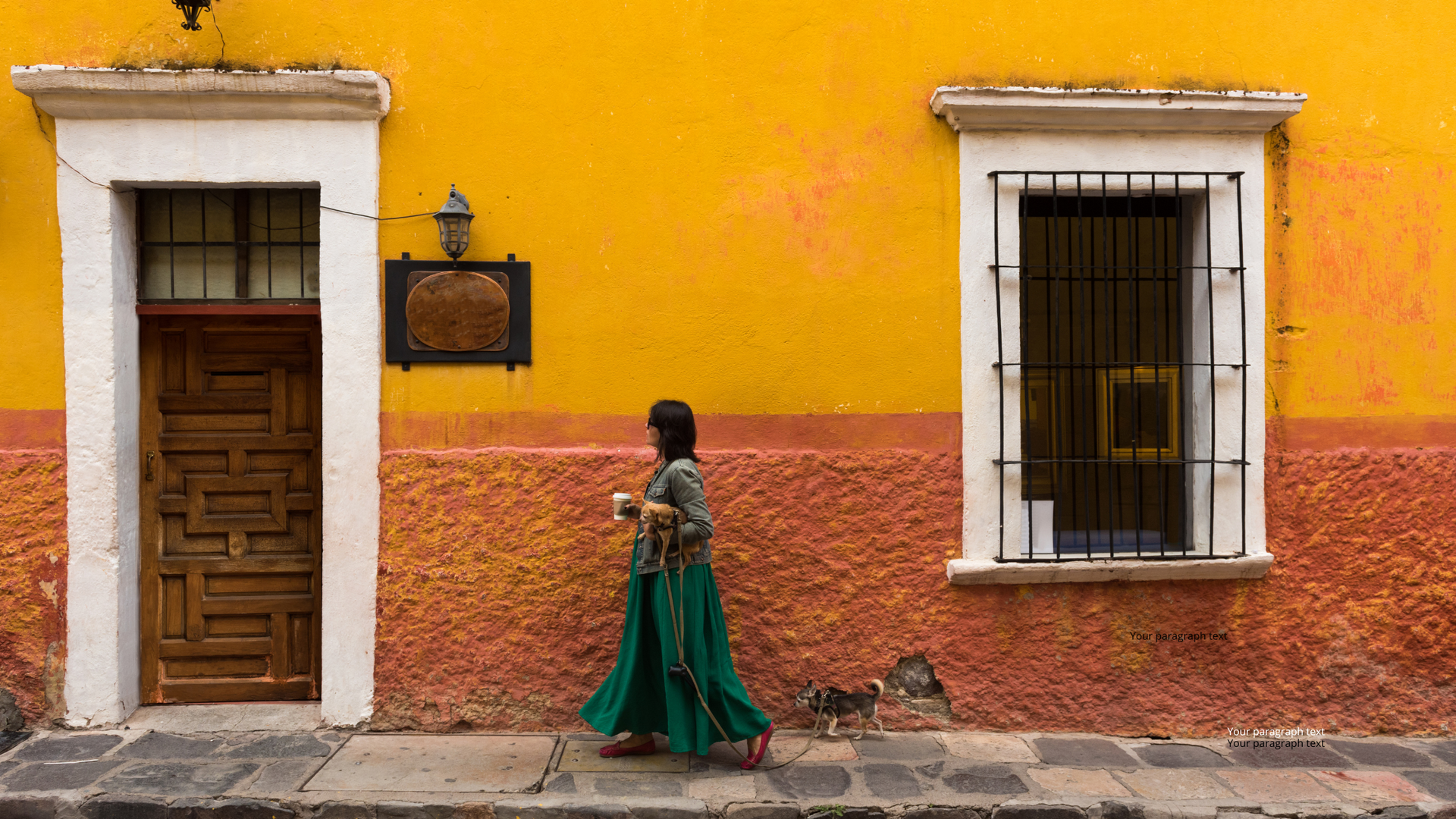How to Tip Around the World Without Offending Anyone or Being Rude
Tipping customs vary from country to country, and even within regions of countries. As a traveler, it can be challenging to navigate these customs, especially when you don't want to offend locals or come across as rude. To help you out, here's the ultimate guide to tipping for travelers.
1. Research tipping customs before you travel. Before you even pack your bags, take some time to research the tipping customs of the country or region you'll be visiting. You can find this information online or in travel guidebooks. Some countries have specific rules around tipping, while others leave it up to your discretion.
2. Carry small bills and coins. In many countries, it's customary to tip in cash. Make sure to have a supply of small bills and coins so you can tip without breaking larger bills.
3. Tip for good service. Tipping is usually reserved for good service, so don't feel like you must tip if you didn't receive good service. However, keep in mind that what is considered good service may vary depending on the country you're in.
4. Tip according to the local customs. In some countries, tipping is not expected, while in others, it's customary to leave a certain percentage of the total bill. For example, in the United States, it's customary to tip servers at restaurants 15-20% of the total bill, while in Japan, tipping is not expected.
5. Be aware of service charges. In some countries, a service charge may already be included in the bill. This is often the case in Europe and other parts of the world. If a service charge is included, you may not need to tip, but it's always a good idea to double-check with the server or the establishment.
6. Don't forget about housekeeping and other staff. When you stay in a hotel, it's customary to leave a tip for housekeeping staff. The amount varies, but a good rule of thumb is to leave a few dollars per day. If you use a porter or bellhop service, it's also customary to tip a few dollars per bag.
7. Use common sense. When in doubt, use common sense. If you receive exceptional service, consider tipping more than the customary amount. If you don't receive good service, don't feel obligated to tip. Tipping is a way to show appreciation for good service, so use your discretion.
TIPPING PRACTICES IN EUROPE
Tipping practices in Europe can vary depending on the country and the type of service. In some countries, such as France, tipping is not expected as a service charge is usually included in the bill. In other countries, such as the United Kingdom, it is common to tip around 10% in restaurants and bars.
Here are some general guidelines for tipping in a few popular European destinations:
France: Tipping is not expected but rounding up the bill or leaving a few extra Euros is appreciated for good service.
Italy: A service charge may be included in the bill, but it is common to round up the total. In restaurants, leaving an additional 5-10% is also appreciated.
Spain: Tipping is not expected but rounding up the bill or leaving a few extra Euros is appreciated for good service.
Germany: Tipping is common but not as generous as in the United States. It is customary to round up the bill or leave a few extra Euros for good service.
United Kingdom: Tipping is expected in restaurants and bars. It is common to leave around 10% of the total bill.
Netherlands: Tipping is not expected but rounding up the bill or leaving a small amount is appreciated for good service.
It's always a good idea to check local customs and practices before tipping, as they can vary widely from country to country and even from region to region within a country.
Overall, tipping customs vary from country to country in Europe, so the best thing you can do as a traveler is to research the local customs before you go and use common sense.
TIPPING PRACTICES IN AFRICA
Tipping practices in Africa can vary depending on the country and cultural norms. In many African countries, tipping is not as common or expected as it is in Western countries. However, it is still appreciated in certain situations and can be seen as a gesture of appreciation for good service.
In some African countries, such as South Africa, tipping is expected in restaurants, hotels, and for services like hairdressing and taxi rides. The general guideline is to tip around 10-15% of the total bill for restaurants, and around 10% for other services. It is also common to tip hotel staff, such as housekeepers and porters, around 10-20 ZAR per day.
In other African countries, such as Egypt and Morocco, tipping is also expected for certain services such as restaurant servers, hotel staff, and tour guides. In Egypt, it is common to tip around 10-15% of the total bill for restaurants, and around 20-30 EGP per day for hotel staff. For tour guides, it is recommended to tip around 100-150 EGP per day.
However, in some African countries, such as Kenya and Tanzania, tipping is not as common or expected. In these countries, it is more common to negotiate prices upfront for services like taxi rides and tours, rather than relying on tipping to compensate service providers.
It is important to note that while tipping may be expected in certain situations, it is not mandatory. It is up to the individual's discretion and the level of service provided.
FINAL THOUGHTS
Overall, tipping customs vary from country to country around the world, so the best thing you can do as a traveler is to research the local customs before you go and use common sense when tipping. By following these tips, you can show your appreciation for good service without offending locals or coming across as rude.
Need more information? Contact Colesville Travel at 301-989-1654 or email us at cindy@colesvilletravel.com or visit our website https://www.colesvilletravel.com
Stay inspired,
Cindy
Blog
